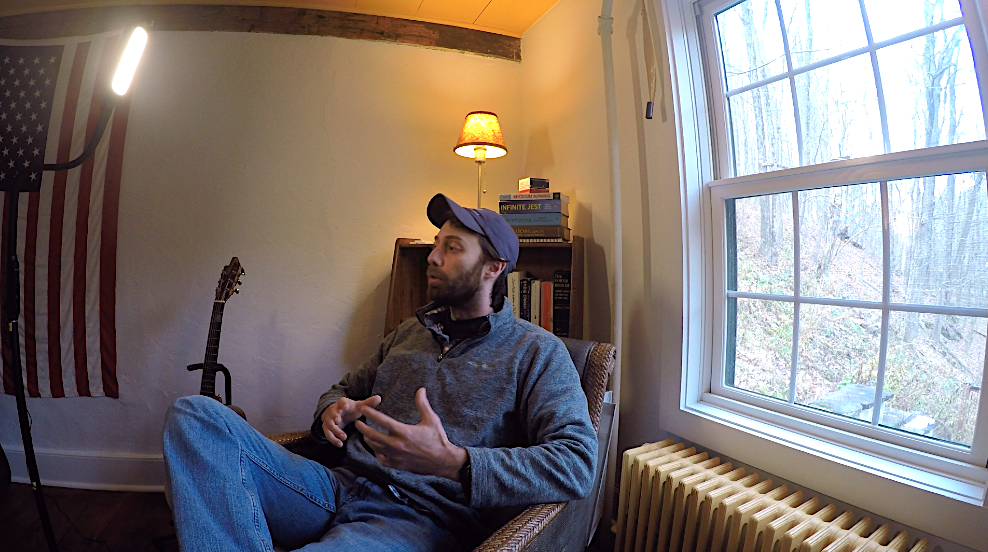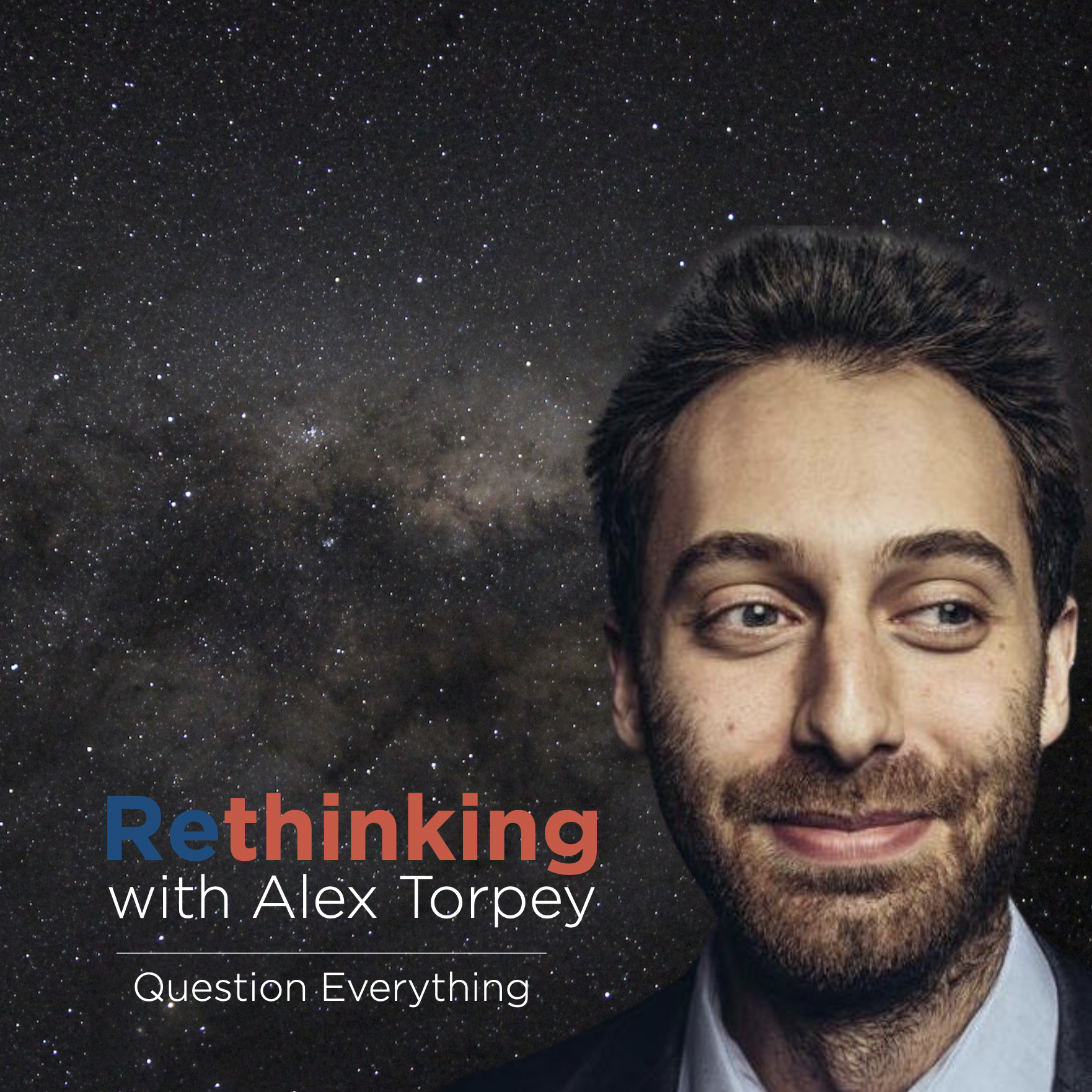Most conversations about important national (community, local, etc) issues are divisive, with “opponents” becoming increasingly frustrated with people “on the other side.” This is a trend which is only getting worse, and anyone who has tried to debate an issue on the internet with a stranger will probably know it well. But are there ways we can think about having more productive conversations?
In this episode, I provide three different examples of ways to look at how we are having conversations. First, we discuss a popular blog post “Varieties of Argumentative Experience” that gives us a framework for thinking about “how” we are debating when arguing with someone else. Next we look at Motivational Interviewing, a substance abuse methodology I have used in the past in the classroom and with nonprofit program design that provides great promise on helping facilitate more empathetic, respectful and productive conversations. Lastly, I discuss the seven “Principles of Discourse,” a great guide for setting the ground rules to a contentious debate, and the seven principles of how I am committing to provide information on this series.
Future episodes will drill down on these topics in more detail, and provide more practical takeaways for incorporating more constructive conversations into your work and personal life.
Links:
* Pew data
* Varieties of Argumentation Experience
* An overview on Motivational Interviewing
* Principles of Discourse (PDF)
Principles of Discourse – from Hampshire College and the framework for my commitment to my listeners and subscribers:
(1) That we value truth and the process of seeking truth as ends in themselves;
(2) That we accept responsibility to articulate a position as close to the truth as one can make it, using to the best of one’s ability, available evidence, and the rules of reason, logic and relevance;
(3) That we listen openly, recognizing always that new information may alter one’s position;
(4) That we welcome evaluation and accept and even encourage disagreement and criticism even to the point of seeking out for ourselves that which will dispower our position;
(5) That we refuse to reduce disagreement to personal attacks or attacks on groups or classes of individuals;
(6) That we value civility, even in disagreement;
(7) That we reject the premise that the ends, no matter how worthy, can justify means which violate these principles.

Our nation’s public institutions are failing to be the proactive, thoughtful, strategic forces for good that they were founded to be. As a result,...

Join Alex for a new episode in the 5 Minute Book Review subseries of Rethinking! This is The Stand by Stephen King. It is...

In this episode, we will identify some of the ways that behaviors inherited from our primate ancestors got (largely) unintentionally built into our political...